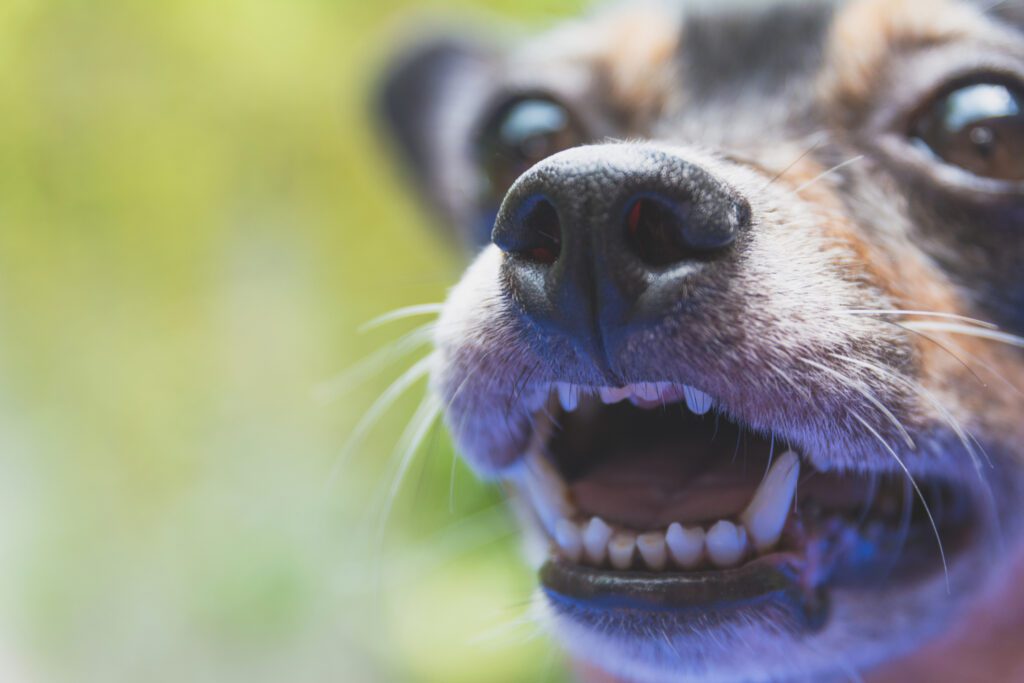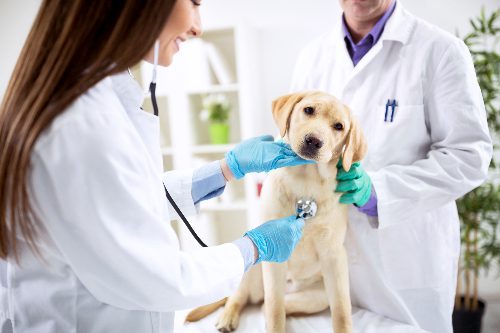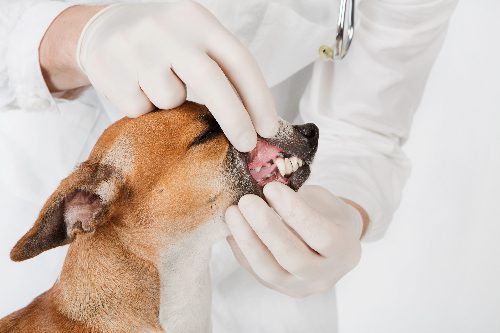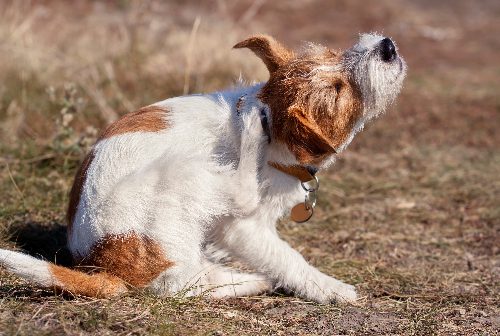My Dog’s Tooth Fell Out: What Do I Do?
The Sudden Shock: Finding Your Dog’s Missing Tooth
You’re playing fetch in the yard, or maybe you’re just cuddling on the couch, when you notice something alarming—your dog’s tooth has fallen out. Your mind races with questions and concerns. Is this normal? Should I be worried? Don’t panic. While losing a tooth is a serious matter, we’re here to guide you through what to do next.

Why Did My Dog’s Tooth Fall Out?
Dental Disease in Dogs
One common reason behind a missing tooth is dental disease. Periodontal disease, caused by plaque buildup, can weaken the gums and roots, making it easier for a tooth to fall out. It’s the most common clinical condition for adult dogs, and it’s totally preventable with proper dental care.
Physical Injury
Another reason could be physical trauma or injury. Maybe your pup was playing a bit too rough or chomped down hard on a bone. These incidents can knock out a tooth or cause it to become loose.
Immediate Steps to Take
The moment you realize your dog’s tooth is missing, it’s crucial to act quickly but calmly. Collect the tooth if you can, and avoid any at-home treatments. You’ll want to seek professional guidance immediately to assess the situation and prevent further issues.
Importance of Prompt Veterinary Care
Risk of Infection
A missing tooth opens the door to potential infection, as the empty socket can become a breeding ground for bacteria. This could lead to more serious health complications if not addressed promptly.
Assessing Other Dental Problems
A missing tooth could also be a sign of larger dental issues that need to be evaluated by a veterinarian. Your vet will likely recommend dental X-rays to get a full picture of your dog’s oral health.
The Role of Dental Health in Overall Well-being
Oral health is not just about a bright smile. Dental issues can impact your dog’s general health, affecting everything from their mood to their eating habits. Maintaining oral hygiene can go a long way in preventing issues like missing teeth in the future.
Preventive Measures for Dental Health
Regular Dental Check-Ups
Regular dental check-ups with your vet are crucial for maintaining your dog’s oral health. Your vet can identify early signs of dental disease, which can help prevent tooth loss down the line.
Proper At-Home Dental Care
Ask your vet about appropriate at-home dental care techniques. While it’s not a substitute for professional check-ups, maintaining dental hygiene at home can make a difference in your dog’s oral health.
Schedule a Visit to Cornerstone Veterinary Hospital of Clifton Park
Don’t leave your pet’s dental health to chance. If you’ve experienced an incident like a missing tooth, it’s a strong signal that you should make an appointment with a veterinarian. Call us at Cornerstone Veterinary Hospital of Clifton Park at (518) 383-6254 for a comprehensive evaluation.
Recent Posts
Dog Vaccination and Deworming Schedule
Dog Vaccination and Deworming Schedule Vaccinations are a crucial part of your dog’s health care regimen. They…
Do Dogs Need Their Teeth Cleaned?
Do Dogs Need Their Teeth Cleaned? Just like humans, dogs need proper dental care to maintain their…
Can Dogs Have Allergies?
Can Dogs Have Allergies? Allergies in dogs can be as common and as varied as in humans….
About Us
Originally opened as Animal Care Hospital by Dr. Mark Johnston in 1989, the hospital became Cornerstone Veterinary Hospital in 2015 when it was purchased by Drs. Alan and Lisa Knott. The name 'Cornerstone' holds a special place in their hearts, representing not only their Christian faith but also their commitment to being the cornerstone of the community in which they practice. As a family-owned and operated practice, every pet is treated as part of the family, ensuring they receive the highest standard of care. The team at Cornerstone Veterinary Hospital is dedicated to building lasting relationships with clients and their beloved pets, striving to be the cornerstone of the community in which they practice.



